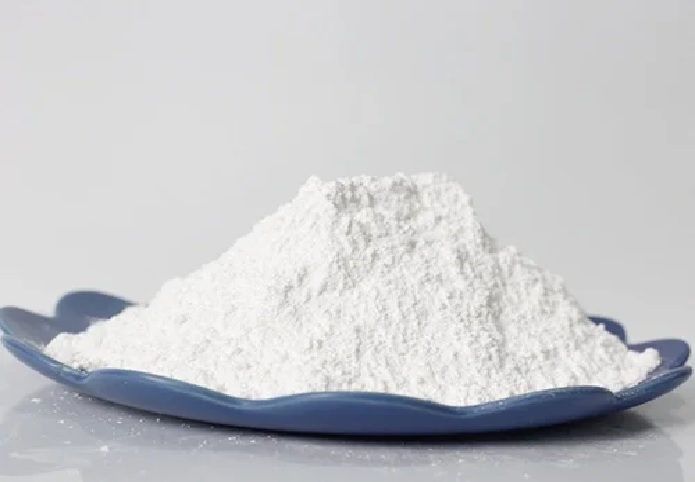Introduction:
In the world of plastics and polymers, innovation is the key to staying ahead of the competition. Manufacturers are constantly seeking ways to improve the properties of materials like polypropylene (PP) compounds. One valuable addition to the arsenal of enhancing PP compounds is talc powder. In this blog post, we will dive deep into the science behind it and discover how Talc powder for PP Compounds works its magic to boost the stiffness of polypropylene compounds.
Understanding Polypropylene (PP) Compounds
Before delving into how talc enhances stiffness, let's have a quick overview of polypropylene compounds. PP is a versatile thermoplastic polymer widely used in various industries due to its excellent balance of properties such as toughness, chemical resistance, and affordability. However, for some applications, pure PP may lack the stiffness required to meet specific performance criteria.
The Role of Talc Powder
Talc powder is a naturally occurring mineral composed of magnesium, silicon, and oxygen. What makes talc particularly intriguing for enhancing PP compounds is its unique combination of properties. It is soft and easily malleable, but it also possesses exceptional stiffness when incorporated into polymers. So, how does this mineral turn a flexible polymer like PP into a stiffer material?
Talc as a Nucleation Agent
The secret to talc's stiffening power lies in its ability to act as a nucleation agent. Nucleation is the process of initiating the formation of crystals in a polymer matrix. In the case of PP compounds, talc particles act as tiny "seeds" that encourage the polymer chains to arrange themselves in an ordered, crystalline structure.
When talc is dispersed within a PP matrix during compounding, it provides numerous nucleation sites where the polymer chains can start forming crystalline regions. These crystalline regions are more rigid than the amorphous regions found in pure PP, thus contributing to enhanced stiffness.
Improved Crystallinity
Talc's role in nucleation isn't just about quantity; it's also about quality. The crystalline structure formed in the presence of talc is highly organized and compact. This organized arrangement of polymer chains creates a more ordered and rigid matrix. As a result, the overall stiffness of the PP compound is significantly improved.
Optimizing Talc Loading Levels
Achieving the desired level of stiffness in a PP compound requires careful consideration of talc loading levels. The amount of talc added can be tailored to meet specific performance requirements. Generally, higher loading levels will result in greater stiffness, but it's crucial to strike a balance between stiffness and other properties, such as impact resistance and cost.
Choosing the Right Talc for PP Compounds
To fully unlock the potential of talc in enhancing the stiffness of PP compounds, it's crucial to choose the right talc grade. Factors to consider include talc particle size, purity, and surface treatment. Smaller particle sizes typically provide better nucleation effects, while high purity ensures minimal impurities that could affect performance. Surface-treated talc can enhance compatibility with the PP matrix and improve dispersion during compounding.
Conclusion:
In the world of plastics, the addition of talc powder to polypropylene compounds opens up a realm of possibilities. By acting as a nucleation agent and promoting the formation of crystalline regions, it enhances the stiffness of PP compounds, providing manufacturers with materials that meet stringent performance requirements. Beyond stiffness, it offers a range of benefits, from improved dimensional stability to enhanced heat resistance and surface finish.
When selecting talc for PP compounds, it's essential to consider factors like particle size, purity, and surface treatment to achieve the desired performance. With the right choices and proper formulation, it can be a game-changer in the quest for high-performance, stiff, and versatile PP compounds.
At Ashirwad Minerals, we offer a range of high-quality talc products tailored to meet the specific needs of the plastics industry. Our talc is sourced and processed with the utmost care to ensure optimal performance in enhancing the stiffness of PP compounds. Contact us today to explore how our talc solutions can elevate your polymer formulations to new heights of performance and quality.


